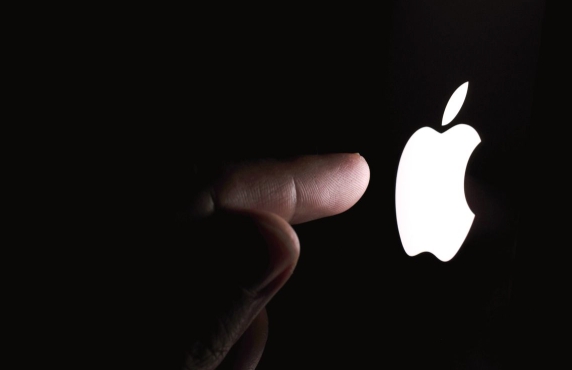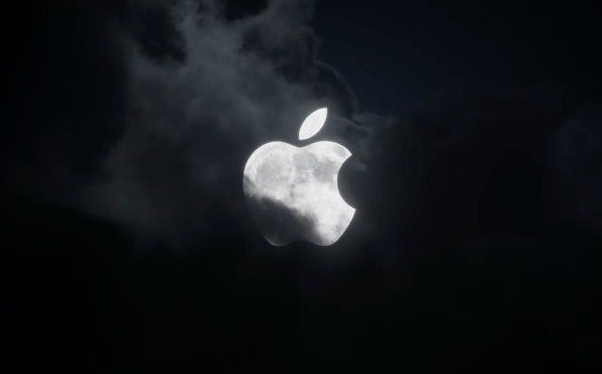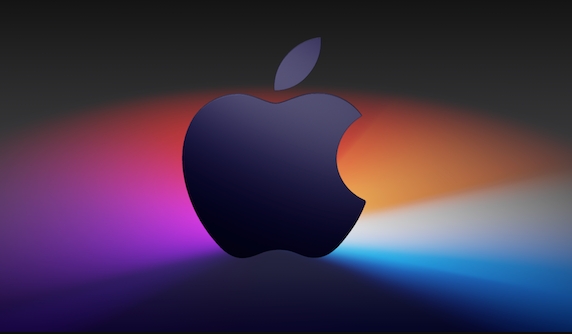How to check for dead pixels on Mac screen
To check for bad Mac screens, use the monitor to test the website, macOS-owned features, or third-party applications. ① Visit deadpixeltest.org and other websites to display solid color images such as red, green, and blue in full screen, and observe whether there are fixed black spots or color spots in dark light environments; ② Create solid color full-screen images through the "Preview" App and enlarge to view details, or zoom to check suspicious areas after screenshots; ③ Install Pixel Tester, LCD Inspector and other tools for more systematic detection, supporting custom pattern and brightness simulation; ④ Pay attention to distinguishing bad points from dust or stuck pixels, the latter may be restored through repair tools. After confirming that it is a bad point, you should contact Apple's official after-sales service in time.

It is not difficult to check the bad points on the Mac screen (Dead Pixel), but many people may not be clear about how to do it. If you find a small dot on the screen that keeps showing black, red, green or blue, and it doesn't change whatever you look at, it's likely that it's a bad dot. Here are some practical methods to help you quickly determine whether there are any broken points on the screen.

Test the website using a monitor
There are many free monitor testing tools online that can help you quickly detect whether there are any bad points on the screen. Open a browser and search for websites like "pixel check" or "dead pixel test", such as deadpixeltest.org or screenbity.com .
These websites usually provide full-screen solid color images (red, green, blue, white, black), and you can check each color for abnormal points. It is recommended to do it in dark light, so that the problem is easier to see.

- Show each color in full screen
- Slowly scan the entire screen about 30cm away from the screen
- Pay attention to fixed small dots, especially black or color dots
Use macOS to assist in troubleshooting
Although macOS does not have a special bad point detection tool, you can assist in the inspection through some system screenshots and enlargement operations.
- Open the "Preview" app and create a new blank image.
- Set the canvas to full screen size and fill it with solid colors (red, green, blue, white, black, etc.).
- Zoom in and see details, especially where bad points are prone to appear in corner areas.
You can also use the shortcut key Command Shift 4 to take a screenshot and view it, which is suitable for finding small dots that have been noticed but are uncertain.

More professional testing with the help of third-party applications
If you want to check more systematically, you can install some apps specifically used to detect screen status, such as:
- Pixel Tester : The interface is simple, supports multiple color modes and automatic switching.
- LCD Inspector : In addition to basic testing, it can also help you record bad points and facilitate after-sales communication.
This type of software usually supports custom test patterns and can even simulate the display effect at different brightnesses, making it more suitable for those who want to check carefully.
Pay attention to distinguish between bad points and dust
Sometimes you think it's a bad point, but it's just dust or debris inside the screen. In this case, the point does not change the color as the picture changes, but it may be floating on the liquid crystal layer rather than the pixel itself is damaged.
In addition, some "stuck pixels" are just a sub-pixel that keeps on light and are not completely dead. This situation can sometimes be attempted to recover with a pixel repair tool or tap the screen.
Basically these are the methods. The detection process is not complicated, but requires patience to observe. If you really find a bad point, remember to contact Apple's official support as soon as possible to see if it is covered by the warranty.
The above is the detailed content of How to check for dead pixels on Mac screen. For more information, please follow other related articles on the PHP Chinese website!

Hot AI Tools

Undress AI Tool
Undress images for free

Undresser.AI Undress
AI-powered app for creating realistic nude photos

AI Clothes Remover
Online AI tool for removing clothes from photos.

Clothoff.io
AI clothes remover

Video Face Swap
Swap faces in any video effortlessly with our completely free AI face swap tool!

Hot Article

Hot Tools

Notepad++7.3.1
Easy-to-use and free code editor

SublimeText3 Chinese version
Chinese version, very easy to use

Zend Studio 13.0.1
Powerful PHP integrated development environment

Dreamweaver CS6
Visual web development tools

SublimeText3 Mac version
God-level code editing software (SublimeText3)
 How to change the default mail app on Mac
Jul 13, 2025 am 01:41 AM
How to change the default mail app on Mac
Jul 13, 2025 am 01:41 AM
The default mail application of Mac can be changed to Outlook, Spark and other clients. The specific steps are as follows: 1. Open "System Settings" or "System Preferences" and enter the "Default Application" section; 2. Select the target mailbox application in the "Email" column; 3. If the target application is not displayed, check whether it supports mail protocol binding, try to restart the application or update the version; 4. Test whether the change is effective, click the web email link to confirm whether the pop-up application is the target client. Complete the above steps to successfully switch the default mailbox.
 How to share my Mac's screen
Jul 14, 2025 am 01:18 AM
How to share my Mac's screen
Jul 14, 2025 am 01:18 AM
To share your Mac screen with others, you can choose the appropriate method according to different scenarios. First, through video conferencing tools such as Zoom, click the "Share" button to select the screen or a specific window for sharing; second, use Messages or FaceTime to initiate a screen sharing session, click the " " to select "Screen Sharing" and invite the other party to view or control it; third, use the "Screen Sharing" App that comes with the system to enable this function on the target Mac and connect to the server address through Finder to achieve remote access; in addition, you need to pay attention to details such as permission settings, privacy protection and network performance impact.
 See Sports Scores in the Mac Menu Bar with MenuScores
Jul 12, 2025 am 09:27 AM
See Sports Scores in the Mac Menu Bar with MenuScores
Jul 12, 2025 am 09:27 AM
For Mac users who are also sports enthusiasts, there’s a handy little free application known as MenuScores. This app displays the game of your choice directly in the menu bar, making it easy to monitor scores or upcoming game times with just a glance
 Contacts App Missing All Contacts on Mac? Here’s the Fix
Jul 12, 2025 am 09:31 AM
Contacts App Missing All Contacts on Mac? Here’s the Fix
Jul 12, 2025 am 09:31 AM
Some Mac users have noticed that their Contacts app occasionally loses all contact information, leaving the entire address book empty. While this situation is definitely concerning, there's a bright side — in most cases, it’s an easy fix, and your co
 Copy Files from MacOS to Mac Virtual Machine in UTM Easily with File Sharing
Jul 09, 2025 am 09:03 AM
Copy Files from MacOS to Mac Virtual Machine in UTM Easily with File Sharing
Jul 09, 2025 am 09:03 AM
If you're running MacOS virtual machines on your Mac using UTM — for instance, to try out beta software like the MacOS Tahoe beta — you might be looking for an efficient way to transfer files from your physical Mac to the virtual machine environment
 How to Move Files from Mac to External Hard Drive? How to Transfer Them?
Jul 12, 2025 am 09:25 AM
How to Move Files from Mac to External Hard Drive? How to Transfer Them?
Jul 12, 2025 am 09:25 AM
How to transfer files from Mac to external hard driveWhen moving files, you physically remove them from their original location. Copying files, meanwhile, preserves the original file location—pasting a second version to
 Clamshell Mode on MacBook: What Is That & How to Use It?
Jul 09, 2025 am 09:04 AM
Clamshell Mode on MacBook: What Is That & How to Use It?
Jul 09, 2025 am 09:04 AM
What is clamshell mode on MacClamshell mode on a MacBook is a powerful tool that turns your MacBook into a desktop version by connecting it to an external display, keyboard, and mouse, while keeping the lid closed.The l
 How to take a scrolling screenshot on Mac
Jul 13, 2025 am 01:24 AM
How to take a scrolling screenshot on Mac
Jul 13, 2025 am 01:24 AM
Mac screenshots themselves do not support scrolling screenshots, but can be implemented through system functions or third-party tools. 1. Use the screenshot tool in macOS to manually splice the preview app: take a segmented screenshot and leave an overlapping area. Drag in the picture through the preview app to export it as a PDF or picture. 2. Safari browser native scrolling screenshots: In macOSMojave and above, press Cmd Shift 4 spaces and click "Enterprise Page" to automatically generate a complete screenshot. 3. Automatic scrolling screenshots for third-party tools: such as Lightshot, Snagit, Shottr, supports shortcut key operations and automatic scrolling screenshots, suitable for frequent use scenarios. Just choose the right method according to your needs.







